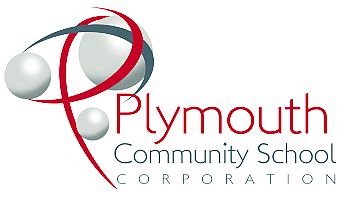 Plymouth School Board members as well as several administrators had to think fast as part of experiments presented by students of David Hatcher of Plymouth High School. Four students represented their classmates during a presentation to the Board on January 5.
Plymouth School Board members as well as several administrators had to think fast as part of experiments presented by students of David Hatcher of Plymouth High School. Four students represented their classmates during a presentation to the Board on January 5.
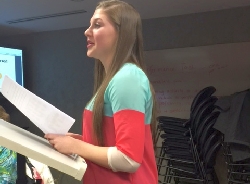
Kaylie Barden, Jack Barron, Melanie Cooper, and Carson Pifer illustrated the way “priming” elicits responses. Priming is the activation, often unconsciously, of associations in memory.
For instance, Barron rattled off a list of 14 words commonly used when talking about sleep, then asked the participants to write down all the words they remembered. The majority of them wrote the word sleep which was not on the list.
Piper showed 15 pictures that looked like pennies and asked if anyone could pick out the correct wording on a real penny. She went on to explain that priming can cause people to create false memories.
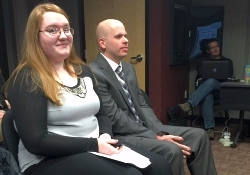 After the meeting, Hatcher explained why he assigns experiments. He said, “I think experiments are a great way to stimulate student interest in the subject matter. It is one thing to discuss psychological principles and theories, but quite another to see them in action.”
After the meeting, Hatcher explained why he assigns experiments. He said, “I think experiments are a great way to stimulate student interest in the subject matter. It is one thing to discuss psychological principles and theories, but quite another to see them in action.”
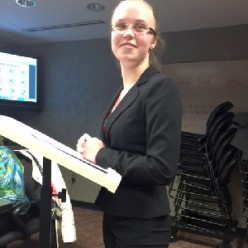 Hatcher is currently in the middle of his seventh year at PHS. He said, “My goal is to create a fun and intellectually-stimulating learning environment. In doing so, I hope that students begin to analyze their worlds through a “psychological lens”, and being able to successfully understand and explain others’ thoughts and behaviors, while getting to understand themselves better too.”
Hatcher is currently in the middle of his seventh year at PHS. He said, “My goal is to create a fun and intellectually-stimulating learning environment. In doing so, I hope that students begin to analyze their worlds through a “psychological lens”, and being able to successfully understand and explain others’ thoughts and behaviors, while getting to understand themselves better too.”
PHS Principal, Jim Condon, said that in the last four years, 90 percent of students in Hatcher’s class have passed the national AP Psychology test. Condon explained that the state average of students passing the test is 60 percent.
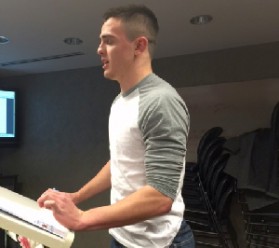 Students successfully passing the test not only receive high school credits, but also college credits. Hatcher said, “Receiving college credits at a small fraction of the cost they would have incurred at a university is a great incentive. I think it does pull many students into my class.”
Students successfully passing the test not only receive high school credits, but also college credits. Hatcher said, “Receiving college credits at a small fraction of the cost they would have incurred at a university is a great incentive. I think it does pull many students into my class.”
Condon also shared the success of offering dual classes. He said that 62 percent of the students who graduated from PHS in the spring of 2015 had completed at least one college credit class while enrolled at PHS at little if any personal expense.
Carol Anders Correspondent














